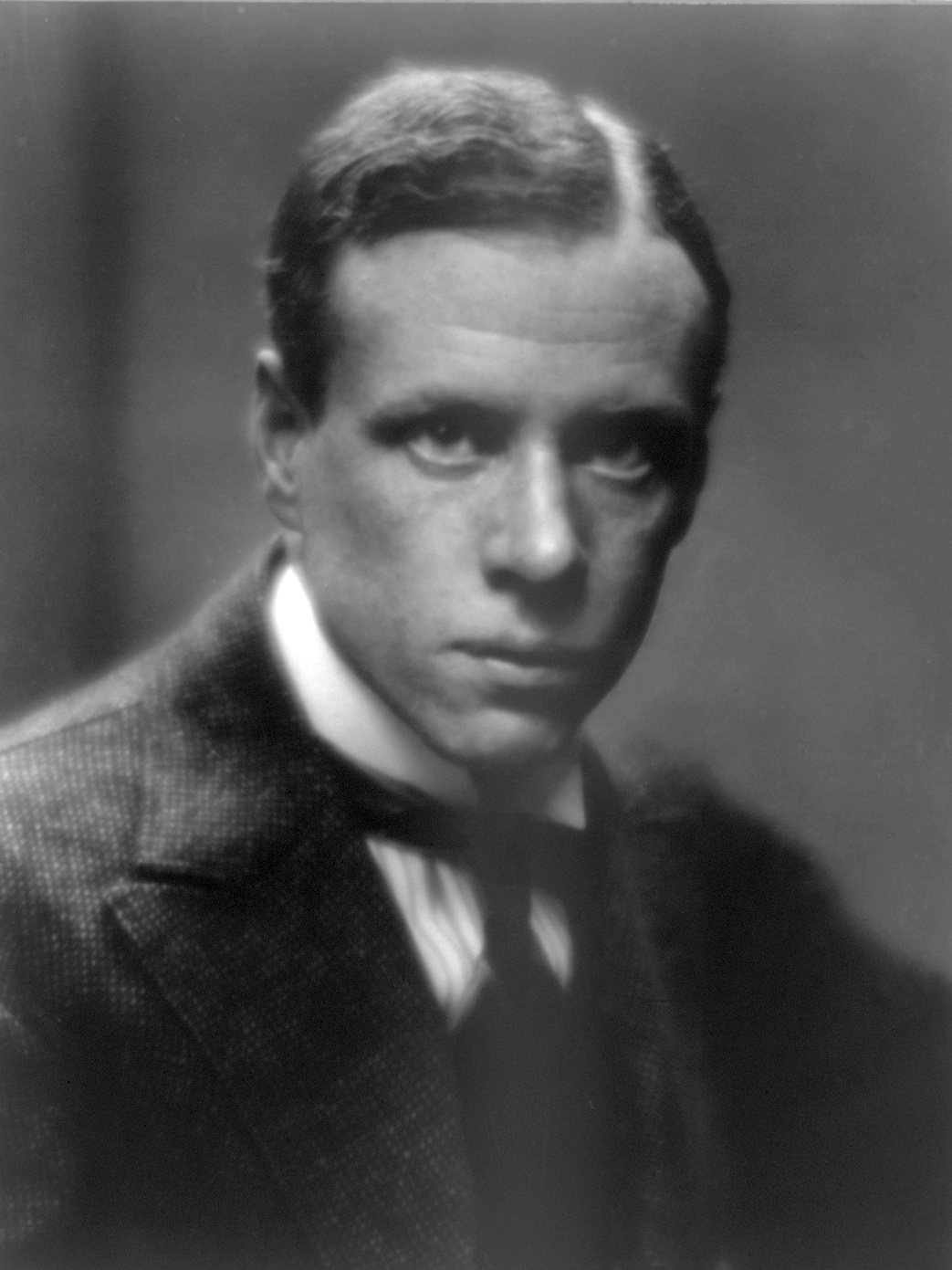|
Revekka Galperina
Revekka Menasievna Galperina (Russian: Ревекка Менасьевна Гальперина; August 25, 1894 – November 2, 1974) was a Soviet editor and translator of English and German literature, one of the most prolific translators in the Soviet Union. Biography Revekka Galperina was born in 1894 in Edineț, then part of the Russian Empire and now Moldova. Her parents were the Jewish writer and merchant (1871–1960) and Tema Naftulovna Kormanskaia (1872–1941). Galperina's maternal grandfather was a Bessarabian grain merchant and her paternal grandfather was an industrialist from Khmelnytskyi in what is today Ukraine. Galperina was educated at home by private tutors, and her family moved frequently throughout her youth. She eventually settled in Moscow, where she worked as an editor at the state-run Foreign Languages Publishing House. One of the most prolific Soviet translators, Galperina produced dozens of Russian translations of famous literary works. Her transl ... [...More Info...] [...Related Items...] OR: [Wikipedia] [Google] [Baidu] |
Russian Language
Russian (russian: русский язык, russkij jazyk, link=no, ) is an East Slavic languages, East Slavic language mainly spoken in Russia. It is the First language, native language of the Russians, and belongs to the Indo-European languages, Indo-European language family. It is one of four living East Slavic languages, and is also a part of the larger Balto-Slavic languages. Besides Russia itself, Russian is an official language in Belarus, Kazakhstan, and Kyrgyzstan, and is used widely as a lingua franca throughout Ukraine, the Caucasus, Central Asia, and to some extent in the Baltic states. It was the De facto#National languages, ''de facto'' language of the former Soviet Union,1977 Soviet Constitution, Constitution and Fundamental Law of the Union of Soviet Socialist Republics, 1977: Section II, Chapter 6, Article 36 and continues to be used in public life with varying proficiency in all of the post-Soviet states. Russian has over 258 million total speakers worldwide. ... [...More Info...] [...Related Items...] OR: [Wikipedia] [Google] [Baidu] |
Ukraine
Ukraine ( uk, Україна, Ukraïna, ) is a country in Eastern Europe. It is the second-largest European country after Russia, which it borders to the east and northeast. Ukraine covers approximately . Prior to the ongoing Russian invasion, it was the eighth-most populous country in Europe, with a population of around 41 million people. It is also bordered by Belarus to the north; by Poland, Slovakia, and Hungary to the west; and by Romania and Moldova to the southwest; with a coastline along the Black Sea and the Sea of Azov to the south and southeast. Kyiv is the nation's capital and largest city. Ukraine's state language is Ukrainian; Russian is also widely spoken, especially in the east and south. During the Middle Ages, Ukraine was the site of early Slavic expansion and the area later became a key centre of East Slavic culture under the state of Kievan Rus', which emerged in the 9th century. The state eventually disintegrated into rival regional po ... [...More Info...] [...Related Items...] OR: [Wikipedia] [Google] [Baidu] |
Sinclair Lewis
Harry Sinclair Lewis (February 7, 1885 – January 10, 1951) was an American writer and playwright. In 1930, he became the first writer from the United States (and the first from the Americas) to receive the Nobel Prize in Literature, which was awarded "for his vigorous and graphic art of description and his ability to create, with wit and humor, new types of characters." He is best known for his novels '' Main Street'' (1920), ''Babbitt'' (1922), '' Arrowsmith'' (1925), ''Elmer Gantry'' (1927), '' Dodsworth'' (1929), and ''It Can't Happen Here'' (1935). His works are known for their critical views of American capitalism and materialism in the interwar period. He is also respected for his strong characterizations of modern working women. H. L. Mencken wrote of him, " fthere was ever a novelist among us with an authentic call to the trade ... it is this red-haired tornado from the Minnesota wilds." Early life Born February 7, 1885, in the village of Sauk Centre, Minnesota, Le ... [...More Info...] [...Related Items...] OR: [Wikipedia] [Google] [Baidu] |
Franz Kafka
Franz Kafka (3 July 1883 – 3 June 1924) was a German-speaking Bohemian novelist and short-story writer, widely regarded as one of the major figures of 20th-century literature. His work fuses elements of realism and the fantastic. It typically features isolated protagonists facing bizarre or surrealistic predicaments and incomprehensible socio-bureaucratic powers. It has been interpreted as exploring themes of alienation, existential anxiety, guilt, and absurdity. His best known works include the short story "The Metamorphosis" and novels ''The Trial'' and '' The Castle''. The term ''Kafkaesque'' has entered English to describe absurd situations, like those depicted in his writing. Kafka was born into a middle-class German-speaking Czech Jewish family in Prague, the capital of the Kingdom of Bohemia, then part of the Austro-Hungarian Empire, today the capital of the Czech Republic. He trained as a lawyer and after completing his legal education was employed full-ti ... [...More Info...] [...Related Items...] OR: [Wikipedia] [Google] [Baidu] |
Franz Fühmann
Franz Fühmann (15 January 1922 – 8 July 1984) was a German writer who lived and worked in East Germany. He wrote in a variety of formats, including short stories, essays, screenplays and children's books. Influenced by Nazism in his youth, he later embraced (and renounced) socialism. Life Fühmann was the son of an apothecary in Rochlitz an der Iser ( Rokytnice nad Jizerou) in the Karkonosze in Czechoslovakia. After Volksschule he attended the Jesuitenkonvikt Kalksburg near Vienna for four years, leaving in 1936 to attend the gymnasium in Reichenberg (Liberec), northern Bohemia. Fühmann took his ''Abitur'' exams in Vrchlabí. After the annexation of the Sudetenland by Germany, he joined the ''Sturmabteilung''. Fühmann was drafted into the Wehrmacht in 1941, and was a communications soldier in Greece and the Soviet Union. He was captured by Soviet forces in 1945 and sent to a communist rehabilitation school in Noginsk, near Moscow. Fühmann returned from Soviet captivi ... [...More Info...] [...Related Items...] OR: [Wikipedia] [Google] [Baidu] |

